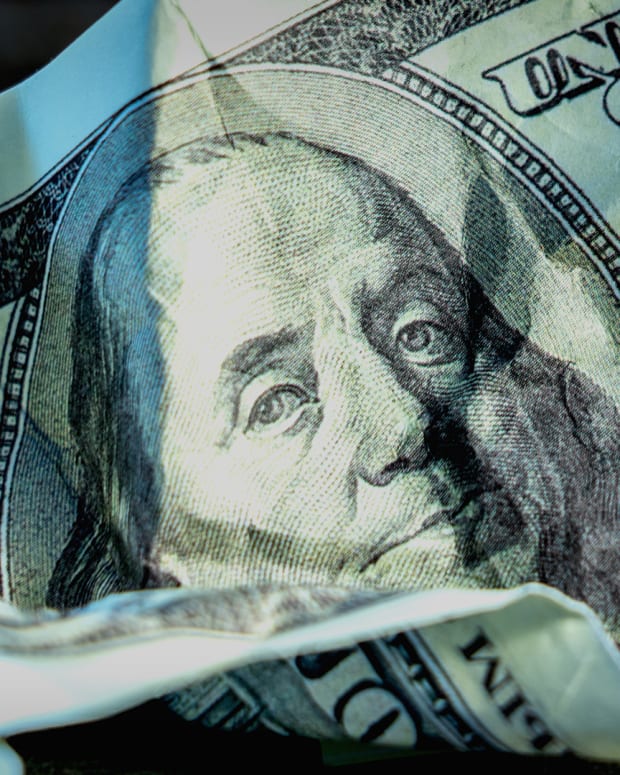As speculation arose in May that economic weakness might keep the Federal Reserve from raising interest rates much more, bond yields dipped.
The 10-year Treasury slid from 3.12% May 6 to 2.74% on May 27. Investors were particularly moved by weak earnings reports from Walmart (WMT) – Get Walmart Inc. Report and Target (TGT) – Get Target Corporation Report.
As Treasury yields determine mortgage rates, those rates briefly declined. The average 30-year fixed mortgage rate fell from 5.3% in the week ended May 12 to 5.09% in the week ended June 2, according to Freddie Mac.
The 15-year fixed mortgage rate slid from 4.52% in the week ended May 5 to 4.31% in the week ended May 26.
Mortgage refinancing rates decreased as well. The 15-year refinancing rate dropped from about 4.9% May 10 to about 4.2% May 27, according to Credible, an online loan service, as cited by Fox Business news.
Rate Rise Since May 27But since May 27, Treasury yields have soared, to 3.4% as of midday June 15. And mortgage rates have climbed in synch. The 30-year fixed-rate mortgage averaged 5.23% for the week ended June 9, and the 15-year fixed-rate mortgage averaged 4.38%.
The 15-year refinancing rate rose to 5% June 14. To be sure, it fell below 5% on June 15 — to 4.88%. But that is almost certainly a temporary move.
Scroll to Continue
Treasury-bond yields have exploded since the June 10 report of an 8.6% surge in consumer prices for the 12 months ended in May. And yields are likely to rise further amid anticipation of major interest-rate increases by the Fed. So look for mortgage rates to head higher.
To be sure, not everyone thinks the rise in mortgage rates will be large. “High inflation means many more interest rate hikes by the Fed,” acknowledged Lawrence Yun, chief economist for the National Association of Realtors.
But, “the mortgage market may have already priced this in, so most of the increases in mortgage rates may have already occurred with only small changes in the upcoming months,” he said in a statement.
Impact on Housing MarketThe recent rise in mortgage rates will have an impact on the housing market, Sam Khater, Freddie Mac’s Chief Economist, maintains.
“The housing market is incredibly rate-sensitive, so as mortgage rates increase suddenly, demand again is pulling back,” he said in a statement.
“The material decline in purchase activity, combined with the rising supply of homes for sale, will cause a deceleration in price growth to more normal levels, providing some relief for buyers still interested in purchasing a home.”
The S&P CoreLogic Case-Shiller home price index soared 20.6% in the 12 months through March.
